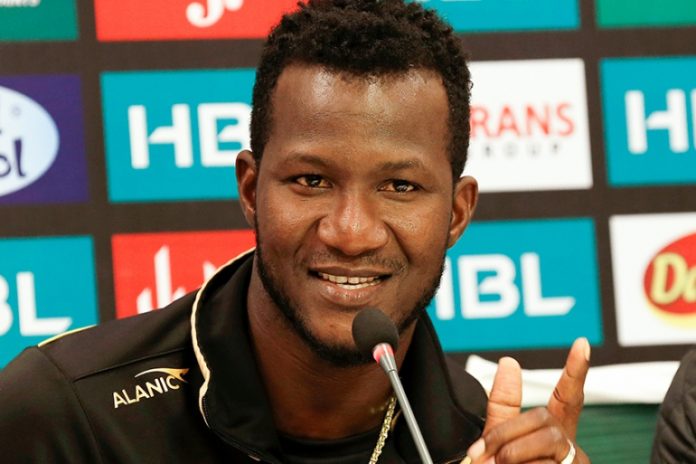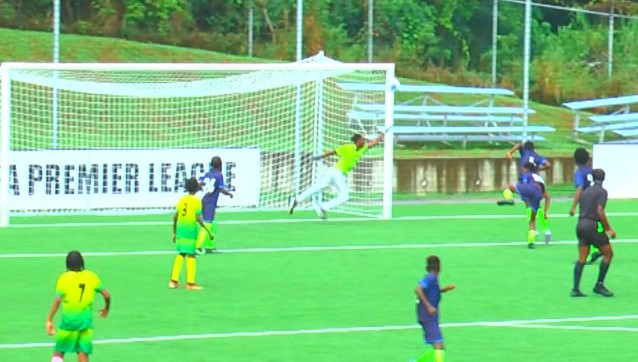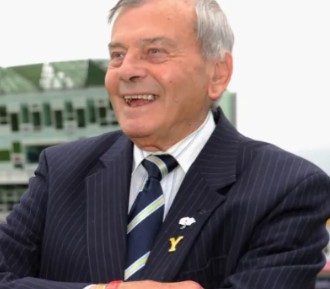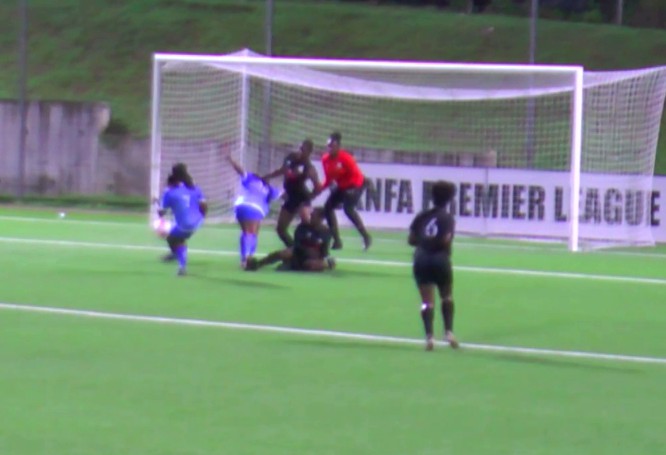Sammy Criticizes Brathwaite Following Grenada’s Poor Performance
The recently concluded second Test between the West Indies and Australia in Grenada, ending in a comprehensive 134-run victory for the visitors, has prompted a critical self-assessment from West Indies head coach Daren Sammy. The crushing defeat, which saw the West Indies bundled out for a meager 143 while chasing a target of 277, has exposed deep-seated vulnerabilities in the home team’s batting line-up, forcing Sammy to contemplate significant changes, especially at the top of the order. The inadequacy of the West Indies’ batting performance was starkly highlighted by the contrast with their bowling efforts, which managed to dismiss a powerful Australian side twice. This disparity underscores the urgent need for improvement in the batting department if the West Indies are to become competitive against top-tier teams.
Central to Sammy’s concerns is the prolonged slump in form of veteran opener Kraigg Brathwaite. His dismal performances in the series, accumulating a mere 11 runs across four innings, including a pair in his landmark 100th Test match, have raised serious questions about his place in the side. Sammy’s pointed remarks about Brathwaite’s struggles reflect the growing frustration within the team management. The coach openly questioned whether persistence with a struggling senior player was justified when other promising batsmen deserved an opportunity. Brathwaite’s alarmingly low average of 18.68 over his last 35 Test innings, punctuated by only three half-centuries, paints a bleak picture and puts immense pressure on the opener to rediscover his form.
The fragility of the West Indies’ top order was ruthlessly exposed by Australia’s formidable pace attack. Mitchell Starc and Josh Hazlewood, operating in tandem, decimated the West Indies batting line-up, reducing them to a precarious 33 for 4 by lunch on day four. The sustained pressure exerted by the Australian quicks proved too much for the inexperienced West Indies batsmen to handle, leaving them reeling at 99 for 7 with only the lower order to follow. Sammy acknowledged the daunting challenge posed by Australia’s “relentless fast-bowling cartel” on pitches that offered little respite to the batsmen. The West Indies’ inability to cope with the pace and bounce generated by the Australian bowlers underscores the technical and mental gaps that need to be addressed.
Despite the disappointing series outcome, Sammy emphasized the need for patience and a long-term perspective on the team’s rebuilding process. He acknowledged the magnitude of the task he has undertaken, drawing parallels to the adage “Rome wasn’t built in a day.” While acknowledging the need for improvement, Sammy drew encouragement from the evolving attitudes within the squad, suggesting a shift towards greater accountability and a willingness to embrace change. He highlighted Steven Smith’s adaptability as a model for his batsmen to emulate, emphasizing the importance of technical adjustments to succeed in different conditions and against varied bowling attacks. This underscores the need for the West Indies batsmen to develop greater flexibility and adaptability in their approach.
Sammy reiterated his concerns about the quality of pitches in the region, attributing them to the technical deficiencies in West Indies batting. He argued that the unpredictable nature of these surfaces fosters uncertainty and prevents batsmen from developing sound techniques. The inconsistent bounce and unpredictable behaviour of the pitches force batsmen to develop defensive techniques, hindering their ability to play with freedom and confidence. Sammy called for a concerted effort to improve the quality of first-class wickets, advocating for the implementation of standardized pitch preparation practices across the region. This includes the deployment of specialist groundsmen to ensure consistent and conducive playing surfaces that encourage stroke-play and the development of robust batting techniques.
Amidst the disappointment, Sammy expressed pride in the performance of his bowling unit, which managed to capture all 40 Australian wickets across the two Test matches – a feat he hailed as a significant achievement against a top-ranked team. This highlights the growing strength of the West Indies bowling attack, providing a foundation upon which to build. The challenge now, according to Sammy, lies in ensuring that the batting unit can complement the bowlers’ efforts by demonstrating greater resilience and fight. The focus shifts to the upcoming day-night Test at Sabina Park, Jamaica, where the introduction of the pink ball adds another layer of complexity. Sammy views the historic fixture as an opportunity to showcase the team’s progress under unique conditions and build momentum for the future.
Share this content:












Post Comment